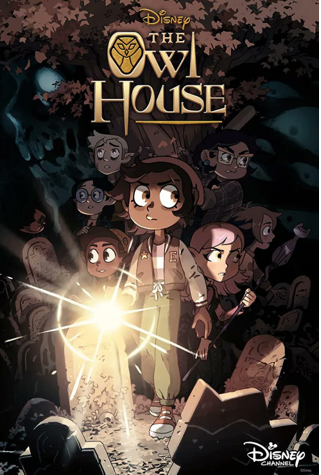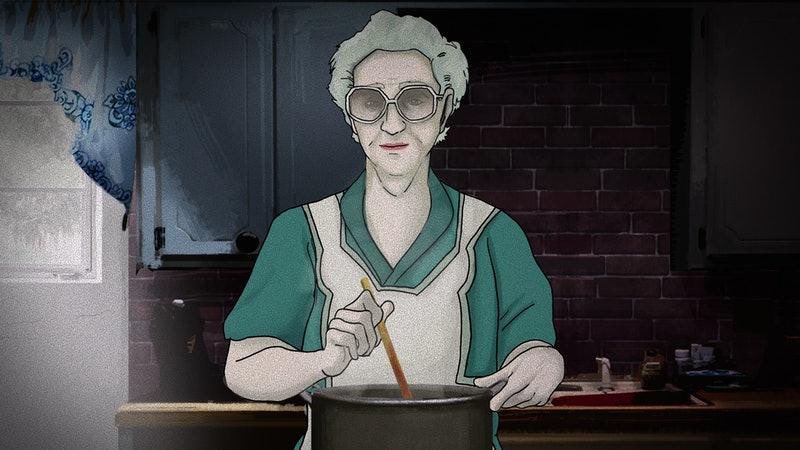By Ciara Hooks
Benjamin Grossberg showcased the variety of his work, and his careful observations of the world, as he spoke at last week’s poetry reading in the Student Center.
Grossberg, a professor at the University of Hartford, and winner of several awards such as the Lambda Literary Award for Poetry also has several published poems that appear in journals like The Paris Review.
A man of Jewish faith, he was raised in biblical tradition, which is why you see religious inspiration featured throughout his work. “Adam’s Punishment” for example, centers around the idea of what it is like to plant an apple orchard, in reference to Adam’s tending of the garden if Eden. Grossberg explained how the mythological aspects of biblical stories impact his work.
For the reading Grossberg selected poems including “Icarus Considers,” “Pig Auction,” “In Memoriam of Ginger,” “Vial Luminescence,” “Purgatory” and “Adam’s Punishment” from two of his own books
One poem I enjoyed was titled “Not Children.” Taking place a year later, Grossberg’s Adam is planting apple trees. He describes these tiny trees as if they are people, giving them human-like characteristics. He started with the wet olive-colored bark that most resembled human skin, and worked his way down, detangling the hair of roots knotted in a mess.
Grossberg is not what you would call the “rhyming” type of poet, rather more of a narrative poet, using various metaphors, vivid imagery and description. The dash of humor he sprinkles through parts of each piece give the work depth. His work shows his ability to be fun and light-hearted while capturing the art of human speech, voice and rhythm.
In “In Memoriam of Ginger,” Ms. Ginger is an older woman and a tenant in the narrator’s apartment complex while he lives in Ohio. He describes her look, personality and voice so well I could picture Ms. Ginger in my head, with her sagging breast that touched her hips and her voice that hurt his ears like nails on a chalk board with an almost drunk-like slur.
Grossberg’s poems gave listeners a better sense of the meaning of his work; they got an idea of what his characters sound like, painting a visual with his voice.





